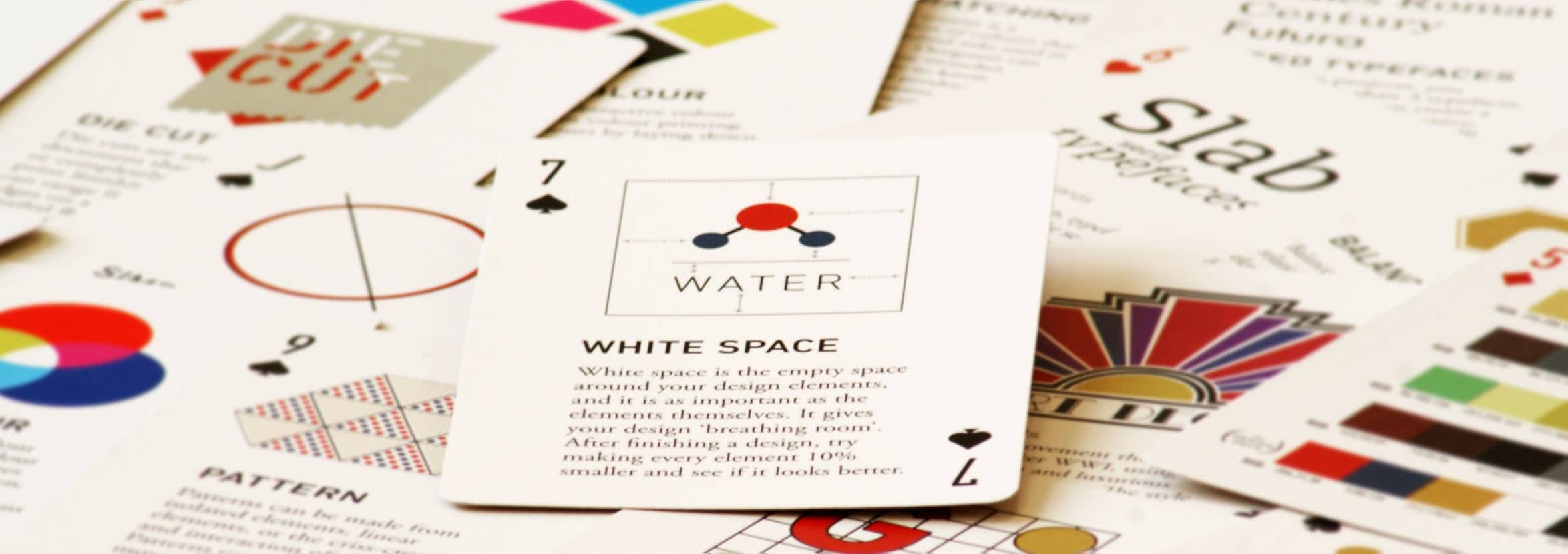Comparisons are useful. They help people to understand things, especially things that would otherwise be difficult to grasp.
When the 18th century Scottish engineer James Watt wanted to convince industrialists to buy his innovative new steam engines he needed a way to convey their power.
He could have used lots of technical jargon and mathematical calculations to explain what his machines could do, but he wanted to excite and inspire, not baffle and bore. He needed something more visceral.
And so Watt came up with the idea of ‘horse power.’
“The average horse could walk 144 circuits per hour lifting 180 pounds, which equalled 550 foot-pounds per second,” explains Dave Trott, in his book Creative Blindness.
“So everyone could agree that was the work rate of one horse. Now he could talk to people about how many horses his steam engine could replace. Each horse worked an eight-hour shift, but a steam engine worked non-stop.
“So a single ‘One Horse Power’ steam engine could replace three horses. In fact, James Watt’s early steam engines replaced 500 horses at a single colliery.
“Horse power was a comparison everyone could understand. Suddenly Watt had put the steam engine into a language that made sense to the layman.”
This same principle was famously used by Steve Jobs, when Apple launched the first iPod 20 years ago.
Rather than focus on its onboard RAM (32 MB), storage capacity (5 GB), or its physical dimensions (4.02 x 2.43 x 0.78 inches), Jobs said simply that it offered “1,000 songs in your pocket.”
This was a message consumers could get behind. The individual features did not matter – it was all about the overall benefit to you.
“‘Here’s what our product can do’ and ‘Here’s what you can do with our product’ sound similar, but they are completely different approaches,” explains Jason Fried, CEO of Basecamp.
The Harvard Business School professor Theodore Levitt put it simply in his 1969 book, The Marketing Mode:
“Leo McGivena once said, “Last year one million quarter-inch drill bits were sold — not because people wanted quarter-inch drill bits but because they wanted quarter-inch holes.”










